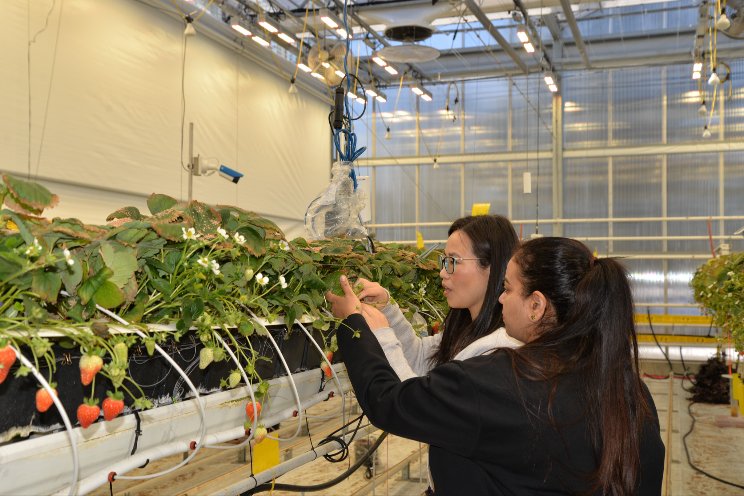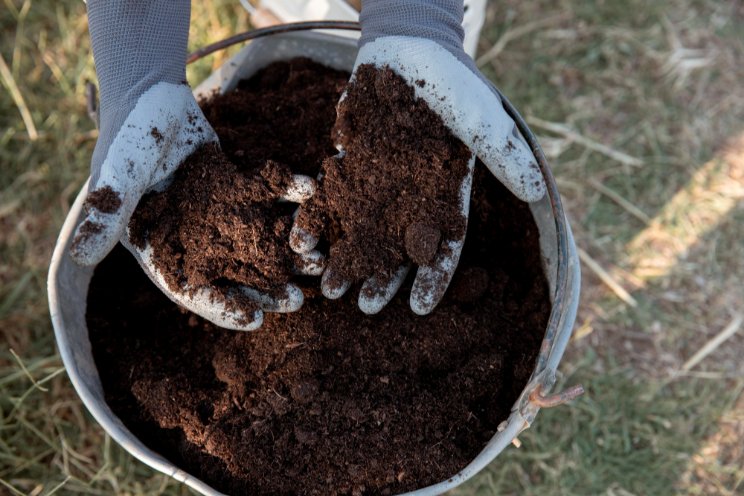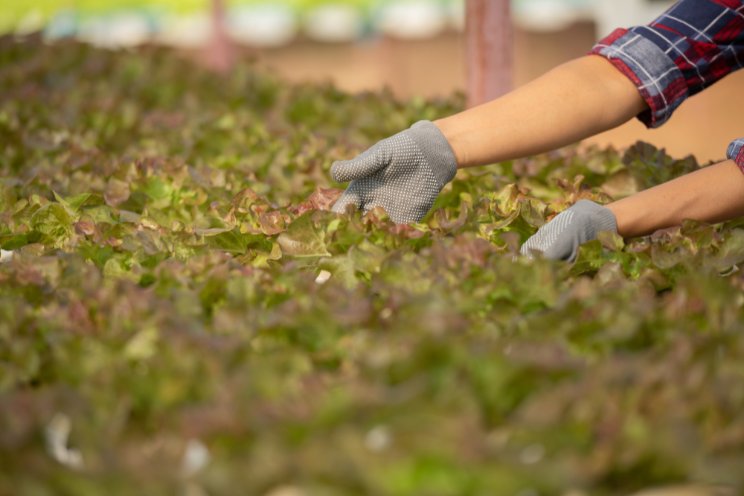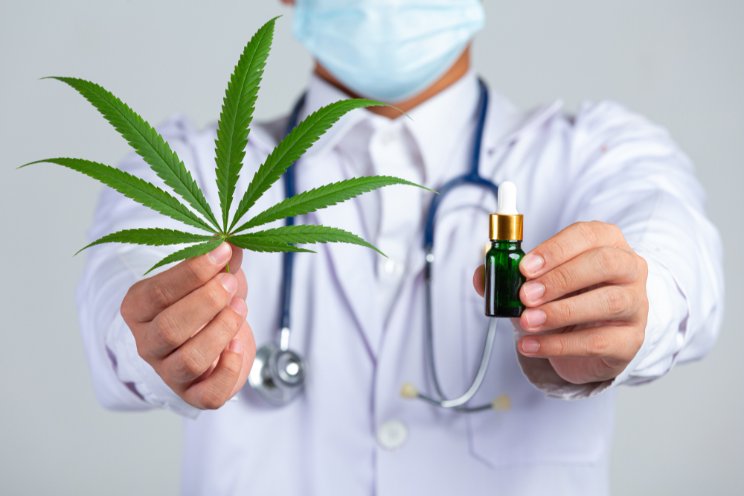Healthy lifestyle, faster recovery
Added on 14 April 2020

The outbreak of the novel coronavirus proves even more challenging for people with a chronic condition. People suffering from cardiovascular disorders, diabetes or cancer who contract COVID-19, run a higher risk of developing severe or even life-threatening complications. At the same time, hospitals and other care-giving facilities are postponing operations and treatments, to diminish the risks for chronically ill patients and keeping resources available for corona patients.
"For people with a chronic condition, a healthy diet and sufficient exercise are extra important. More resilience allows people to handle chronic conditions as well as acute diseases like corona, better."
Ellen Kampman, professor of Nutrition and Disease
Meanwhile, chronically ill patients are not left entirely empty-handed, says Ellen Kampman, professor of Nutrition and Health. 'Many people suffering from, for example, cardiovascular conditions or cancer, wonder: what can I do? My advice is to adopt as healthy a lifestyle as possible and to take good care of yourself. This way, they will have a better resilience when their operation or treatment continues,' says Kampman.
The extra mile
One in three Dutch citizens over fifty has a severe chronic disease such as diabetes, cardiovascular disorder or cancer. Furthermore, half of the Dutch nationals over 18 years of age are overweight. Excess weight forms a risk factor for the abovementioned conditions and corona patients. Approximately one-third of the chronic conditions can be prevented by a healthy diet and sufficient exercise, Kampman stresses.
But a healthy lifestyle is not just important for disease prevention. Even when sick, you can work on your health to improve your quality of life. 'Under such circumstances, it may be more difficult to eat healthy foods and get sufficient exercise. But failing to get enough exercise means you lose muscle mass and strength. This is difficult to build up again, especially for the elderly. Thus, it is important to go the extra mile, a healthy lifestyle and exercise are especially important.'

Nutrition care
Now, amidst the corona crisis, a balanced diet could help the elderly and chronically ill to stay energetic and recover faster. The Nutrition in Healthcare Alliance, of which Ellen Kampman is vice-chair, has published a factsheet on nutritional care in times of corona and has divulged this among hospitals and care institutes. 'Especially those that are vulnerable can benefit from good nutrition guidelines. Hospitals must take this into account.'
In collaboration with Wageningen University & Research and the Gelderse Vallei Hospital, health professionals are raising awareness among patients for the Healthy Nutrition Guidelines. These guidelines were translated into five basic food groups by the Dietary Centre. Kampman: 'The white coats help, as patients tend to trust health professionals, research shows. Besides, doctors and nurses see patients most frequently. They are able to provide instructions and refer the patient to a dietician.' One of the pillars in the National Prevention Agreement is to educate doctors and nurses in nutritional care better.
Marrowfat peas and walking
But what is healthy nutrition anyway? The best approach is to follow the Dietary Centre's guidelines: the five basic food groups. 'Less meat, more vegetables and fruit. Particularly meat, such as cold cuts, are best avoided. And we could obtain our proteins from legumes more frequently. This is something we don't eat enough of in the Netherlands; we could make it a habit to eat more legumes such as beans, marrowfat peas and chickpeas,' Kampman explains. The general practitioner or specialist can refer people to a dietician.
And what does more exercise mean? 'There is no need to enrol at a gym or start running immediately. Simply taking a walk, doing some housework or gardening is fine. It doesn't need to be extreme; what matters is staying active.' The professor is aware that it is challenging to change your lifestyle and behaviour. That is why it is essential to set realistic goals and organise sufficient support.
Improved resilience
Kampman's research shows that a healthy lifestyle positively affects patients' recovery. A new extensive study to explore the link between lifestyle and recovery rate is set to start soon. The study will be conducted in collaboration with academic and regional hospitals. 'How does this link work, and how can people alter their lifestyle? These are the questions we want to answer.' Two major lifestyle interventions will take place. People who have colorectal cancer will either be given a single session lifestyle advice or intensive support in following a healthier diet and doing more exercise. Social scientists and nutrition scientists will study the effects on muscle strength, chronic fatigue and physical recovery. 'More resilience allows people to better handle chronic conditions as well as acute diseases like corona.'
Source and Photo Courtesy of Wageningen University & Research
Source: Wageningen University & Research
More news















